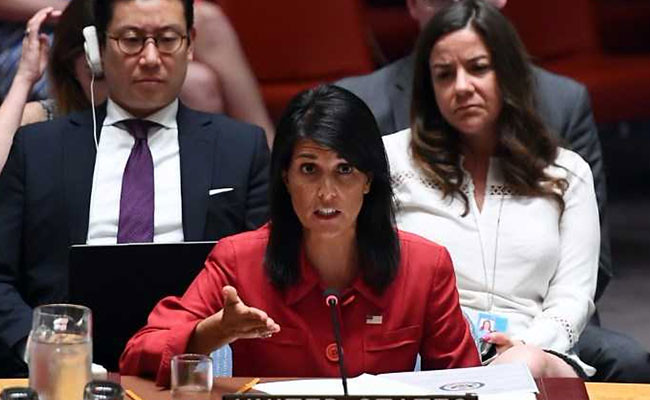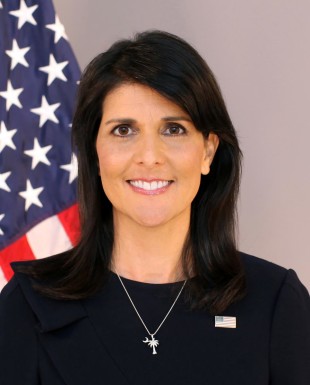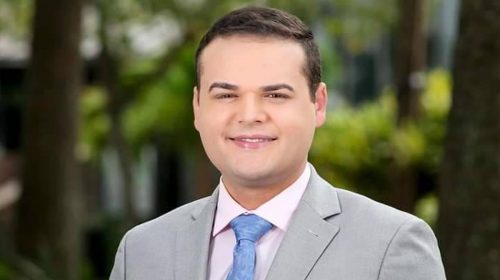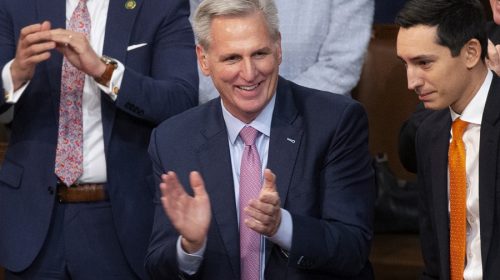US Ambassador Nikki Haley on Wednesday (Jul 18) portrayed the Human Rights Council as the “biggest disappointment” of the United Nations as she shielded the US choice to stop the UN body.

Image credit – Flickru
Haley told the Heritage Foundation think tank in Washington that the Geneva-based body had “if cover, not judgment, for the world’s most insensitive administrations.”
“Judged by how far it has missed the mark concerning its guarantee, the Human Rights Council is the United Nations’ biggest disappointment,” she said.
The envoy declared a month ago that the United States was stopping the committee, blaming it for inclination against Israel and denouncing the “bad faith” of its individuals including China, Egypt, Venezuela and Cuba.
The human rights gathering has been “not a position of inner voice, but rather a position of legislative issues,” Haley stated, including that it had focussed its consideration “unjustifiably and tenaciously on Israel.”
US feedback comes from the way that Israel is the main nation that has a devoted plan thing at board gatherings, which implies that Israel’s treatment of Palestinians has consistently gone under investigation.
Haley focused on the committee for neglecting to stand up in help of against government challenges in Iran, to denounce the brutality in Venezuela and over the race of the Democratic Republic of Congo to the chamber after its security powers confronted charges of barbarities in the Kasai district.
Regardless of the US leave, “settling the institutional blemishes” of the gathering stays “one of our greatest needs” at the United Nations, Haley said.
The withdrawal took after solid UN feedback of President Donald Trump’s arrangement to isolate transient youngsters from their families at the US-Mexico fringe.
Haley again ripped into rights bunches like Amnesty International and Human Rights Watch for neglecting to back the US offer to change the board through a determination at the General Assembly.
The non-legislative associations had rather asked the US organization to look for changes in Geneva by pushing for more rivalry in races for seats at the board.
The United States declined to join the body when it was made in 2006 however participated in 2009 when Barack Obama was in the White House.




